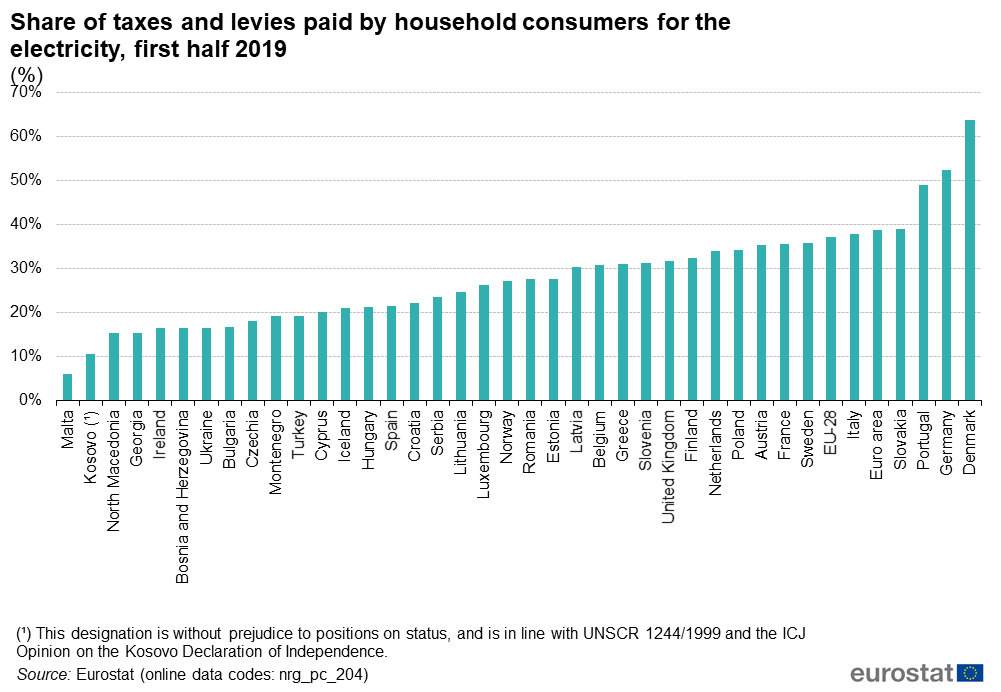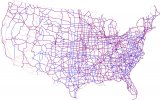I am still giving my Nephew and his friend a dashcam for them to use on their US road trip this summer, cuz all those US roads got it all going on it seem.
Gas stations in the US outnumber charge locations by 7 to 1.
You can drive Route 66 from Chicago to Santa monica in CALI, this is a 2220 mile trip and can be done in a EV in 34.5 hours ( drive time )
Along the route ( within 2 miles ) you will find 250 charge locations, including types such as J-1772, CHAdeMO, CCS/SAE, Tesla Supercharger, Tesla, NEMA-14-50 and the Tesla Roadster.
You can also do the grand US EV tour with start and end in LA, this is a 8279 mile trip you can drive in 126 hours, BUT ! there are only 189 charge stations along that route.
Including types such as J-1772, CHAdeMO, CCS/SAE, Tesla Supercharger, Tesla, NEMA-14-50 and the Tesla Roadster. You’ll want to plan ahead to make sure there are stations for your type of vehicle within the correct driving range of one another to make this trip possible. However, you can always adjust your anchor stops to make it work in your favor.
The ultimate road trip will take you through the country’s major cities, past notable historic monuments and through some of the most incredible national parks. In this specific route, you’ll start in Los Angeles, and hit Portland, Seattle, Boise, Jackson Hole, Bozeman, Denver, Omaha, Chicago, NYC, Washington DC, Nashville, New Orleans, Dallas, Santa Fe, Flagstaff and Las Vegas. While those are the anchor stops, there are hundreds of things to see in between each city, including
Yellowstone National Park, the Grand Canyon and the Appalachian Mountains, to name a few.
So as always with a EV you have to plan ahead, maybe yourself or let your car guide you to charge stations as it is mu understanding they can.
It would of course be much more easy with a gasoline car, but hey many have already done that.
PS. my so often mentioned dream US roadtrip, will not be undertaken in a EV i am not spending 5-6 month going from charger to charger cuz i will be criss crossing the country like a madman.







